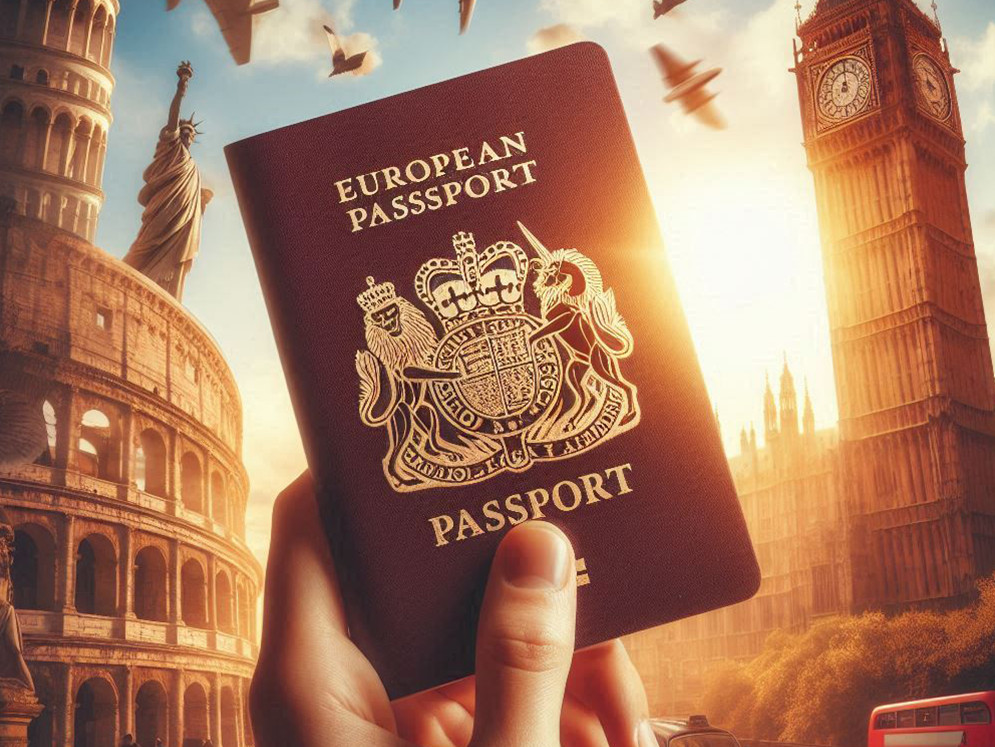Key Highlights:
- Japan is set to introduce the Japan Electronic Travel Authorization (JESTA) for 71 visa-exempt countries, including the U.S., U.K., Australia, and Canada.
- The move aims to enhance border security and reduce illegal overstayers, with over 79,000 recorded by January 2024.
- Travelers will soon need to complete online travel authorization before visiting Japan, adding an extra step to their journey.
Japan Tightens Travel Rules: New Electronic Travel Authorization by 2030
Japan has long been a top travel destination, known for its rich culture, advanced technology, and easy entry policies for travelers from 71 visa-exempt countries, such as the U.S., U.K., Australia, and Canada. However, those relaxed entry regulations are about to change. The Japanese government has announced plans to introduce a new system by 2030—the Japan Electronic Travel Authorization (JESTA)—to tighten its border control measures. This system aims to screen travelers from visa-exempt nations before they even set foot in Japan, adding an extra layer of scrutiny.
Why the sudden change? According to Japan’s Immigration Services Agency, the country had over 79,000 illegal overstayers as of January 2024, a staggering increase of 20,000 from a decade ago. Shockingly, about 63% of these individuals entered Japan on short-term visas. This alarming rise in unauthorized stays has prompted the government to act, and they hope that JESTA will be the solution.
What is Japan Electronic Travel Authorization (JESTA)?
Modeled after the U.S. Electronic System for Travel Authorization (ESTA), JESTA is an online pre-screening process for visitors from visa-exempt countries. Before traveling to Japan, these visitors will need to submit personal and travel details online. The goal is simple: to screen potential risks and reduce illegal immigration. This system will allow Japan to ensure that all incoming travelers comply with entry regulations before they even board a flight.
How Will Japan Electronic Travel Authorization (JESTA) Work?
Travelers from the 71 visa-exempt countries must provide details about their travel purpose, intended place of stay, and other key information before departing for Japan. The Immigration Services Agency will review this data. Suppose a traveler is flagged as a potential overstay risk. In that case, the government may deny their authorization, and they’ll be required to apply for a visa at the nearest Japanese embassy instead.
By implementing JESTA, Japan is proactively working to reduce illegal entries and unauthorized stays, potentially preventing these issues before passengers even board their flights.
Who Will Be Affected?
The new system will apply to visitors from countries like the U.S., U.K., Australia, Canada, Singapore, France, Hong Kong, Indonesia, Malaysia, New Zealand, and many others. Essentially, it impacts tourists from nations that previously enjoyed visa-free entry into Japan. This change may surprise some, as these travelers will now have to complete an online authorization process to secure their entry into the country.
When Will Japan Electronic Travel Authorization (JESTA) Be Implemented?
Japan has set its sights on launching JESTA by 2030. As part of its broader tourism goals, the Japanese government aims to attract 60 million tourists annually and boost tourist spending to a whopping 15 trillion yen (approximately $96 billion) by the same year. Before fully rolling out JESTA, Japan will conduct a trial phase to test the system. During this trial, airlines will screen passengers’ information against a “traveler blacklist,” and those flagged as risks could be denied boarding.
What Does This Mean for Travelers?
JESTA introduces an extra step to the travel process, similar to the U.S. ESTA system. Travelers planning trips to Japan will need to factor in time for online authorization and prepare to submit their details ahead of time. While it might add a layer of complexity, the new system is aimed at enhancing security and ensuring a smoother experience for everyone who travels to Japan.
As Japan gears up for this new era of travel regulations, it’s clear that these changes reflect a growing need to balance the country’s openness to tourists with its national security concerns. Whether you’re a seasoned Japan visitor or planning your first trip, staying informed about JESTA will be essential for smooth and hassle-free travel in the future.







Leave a Reply